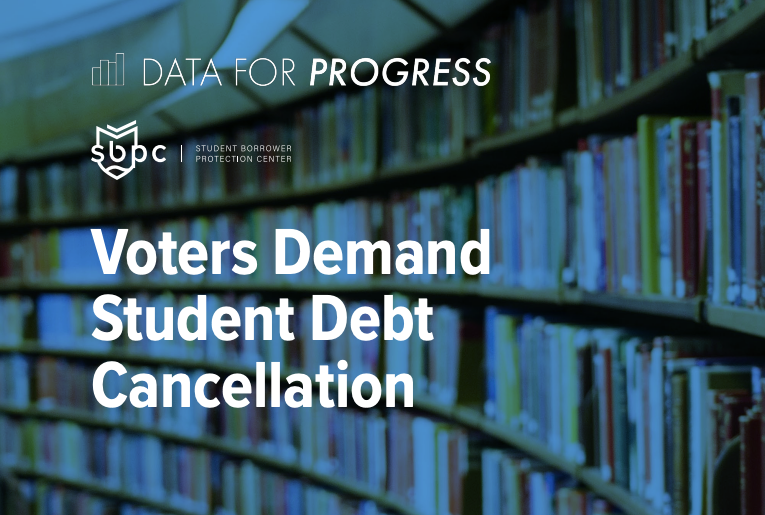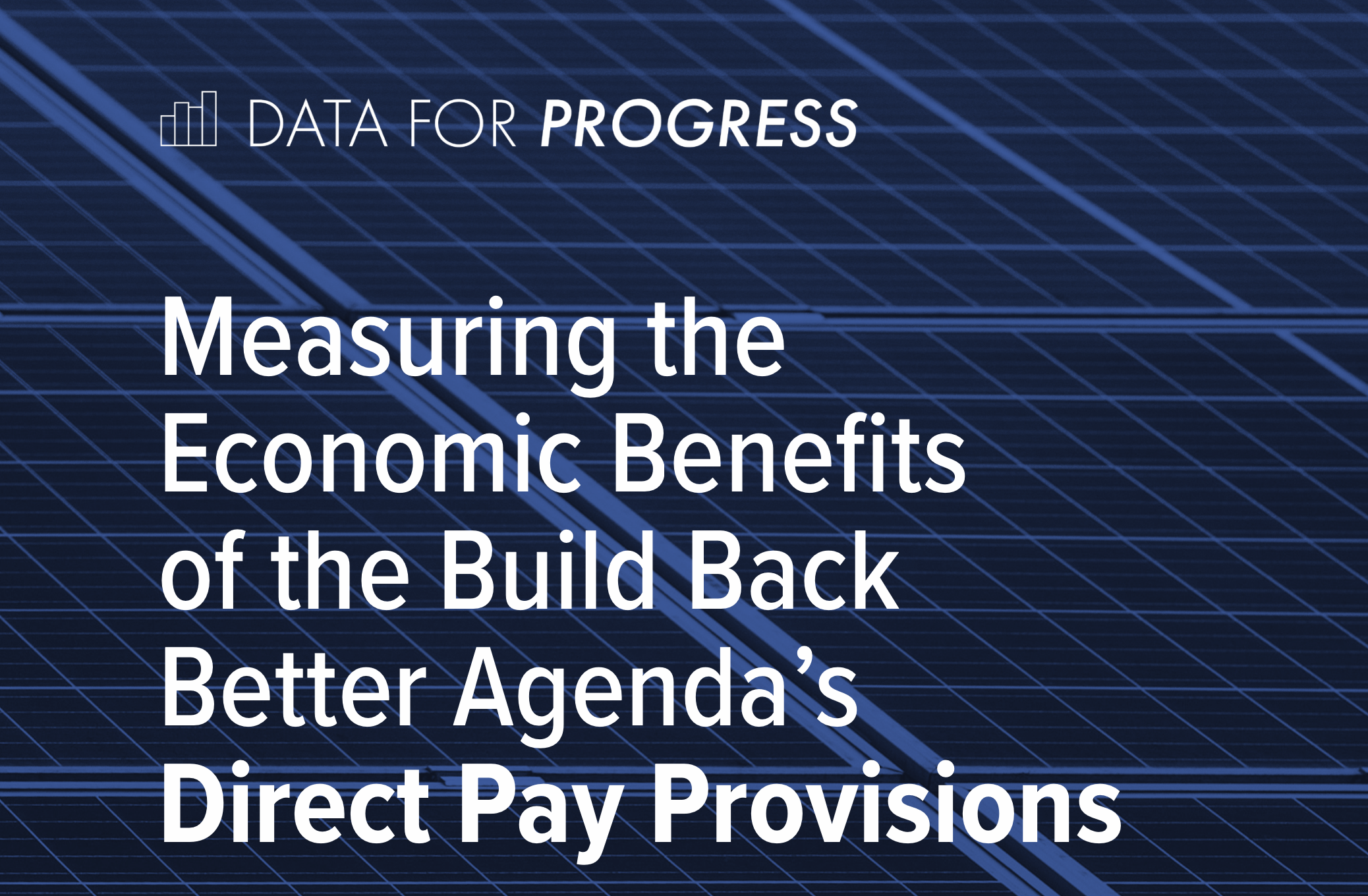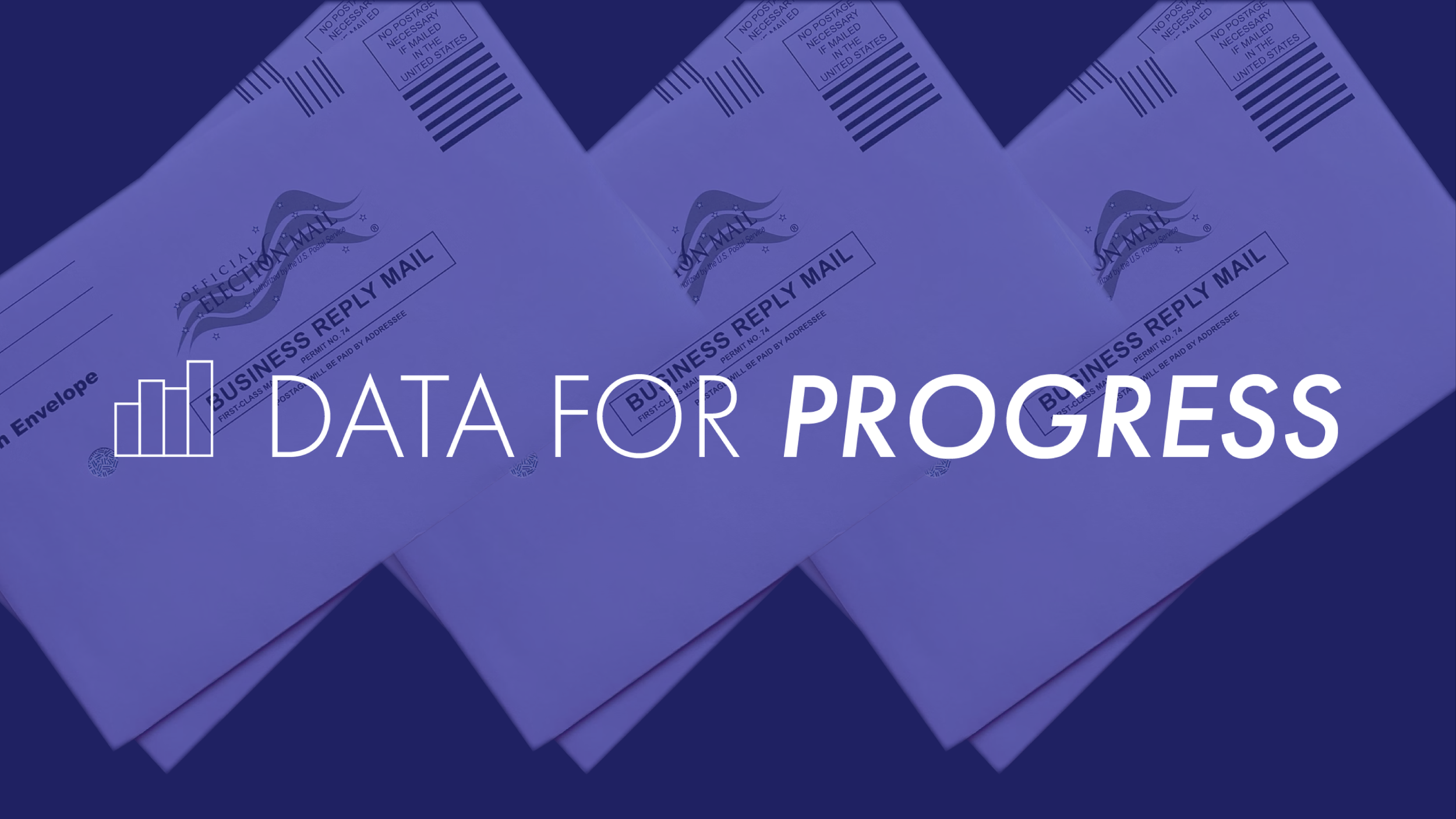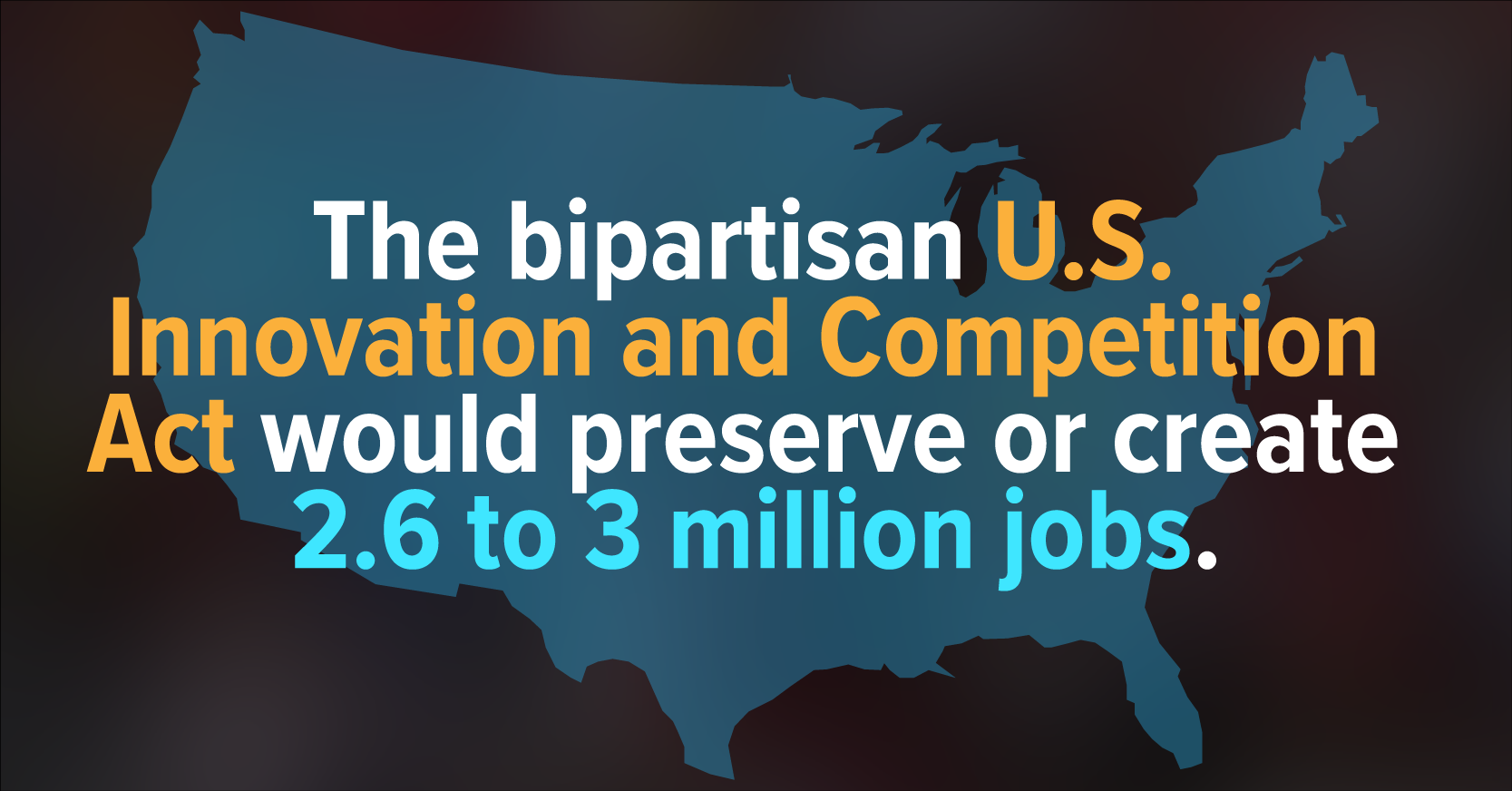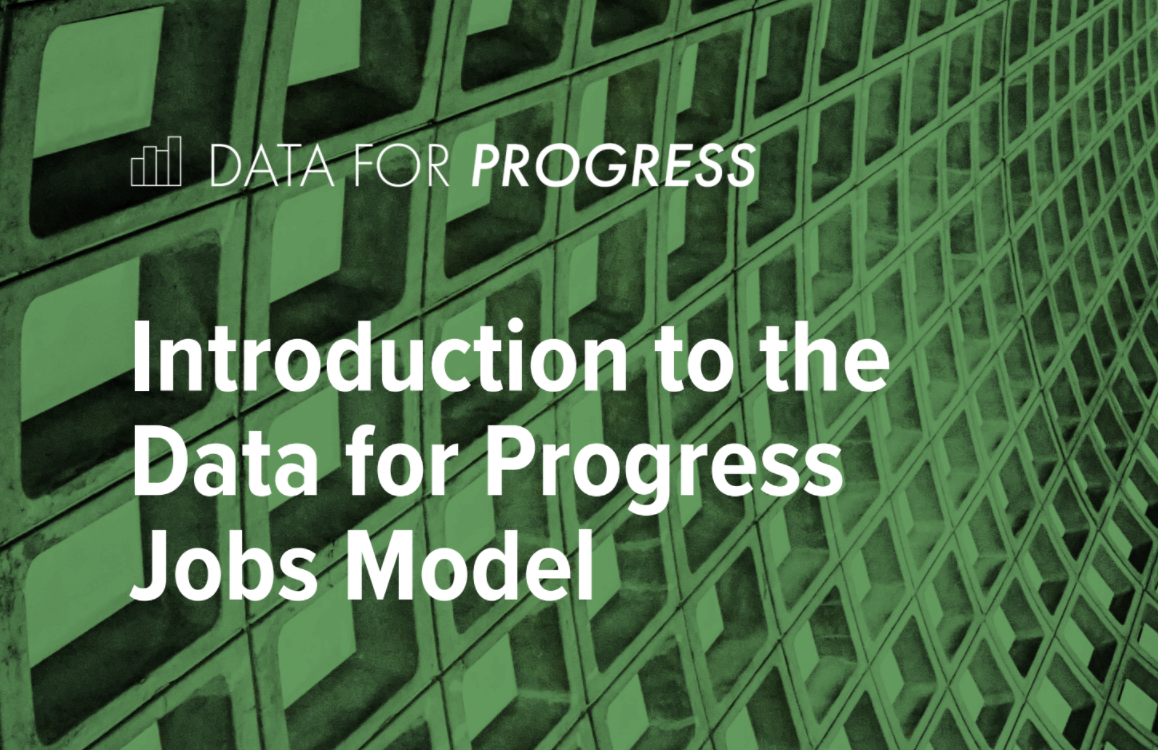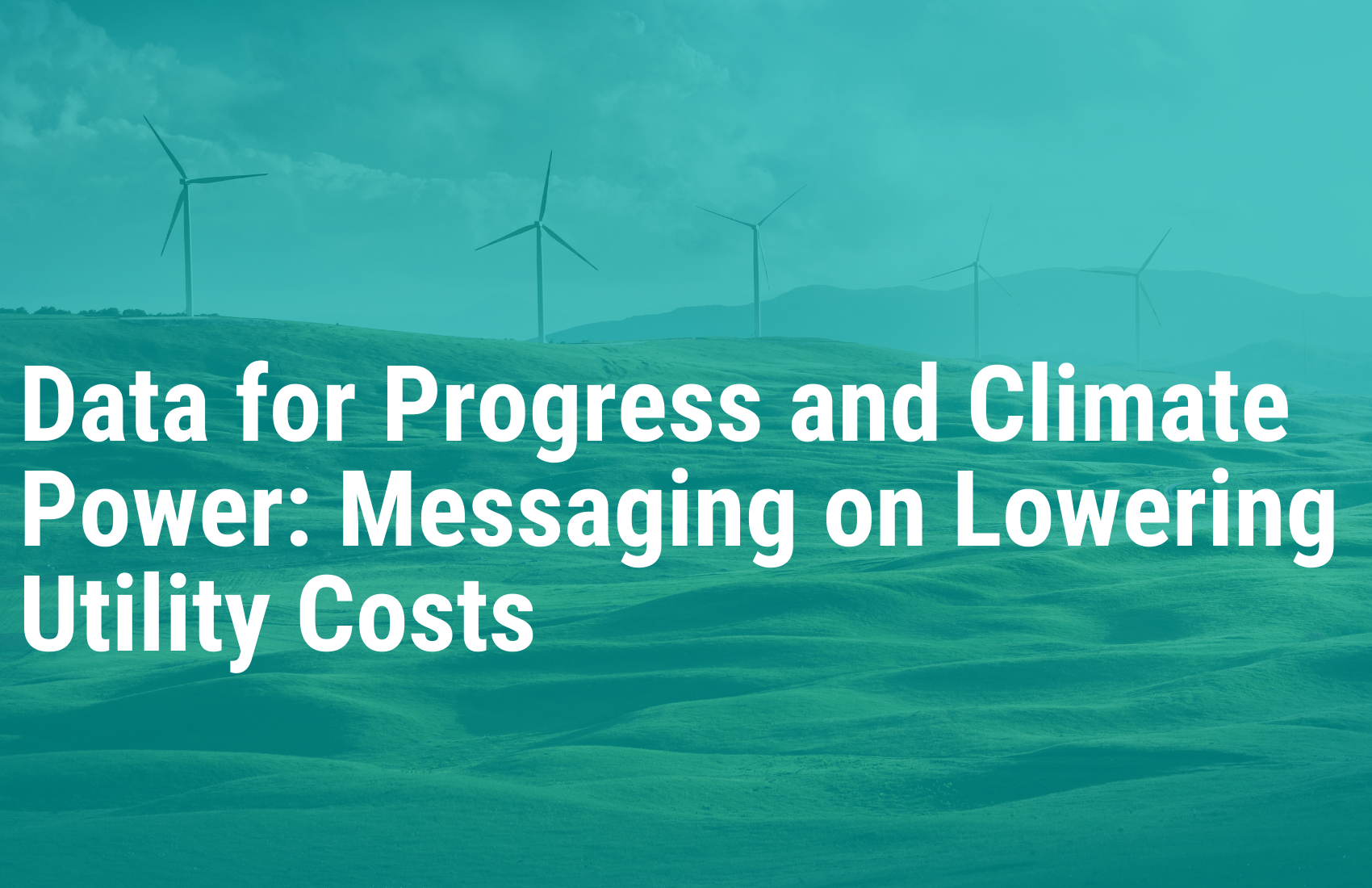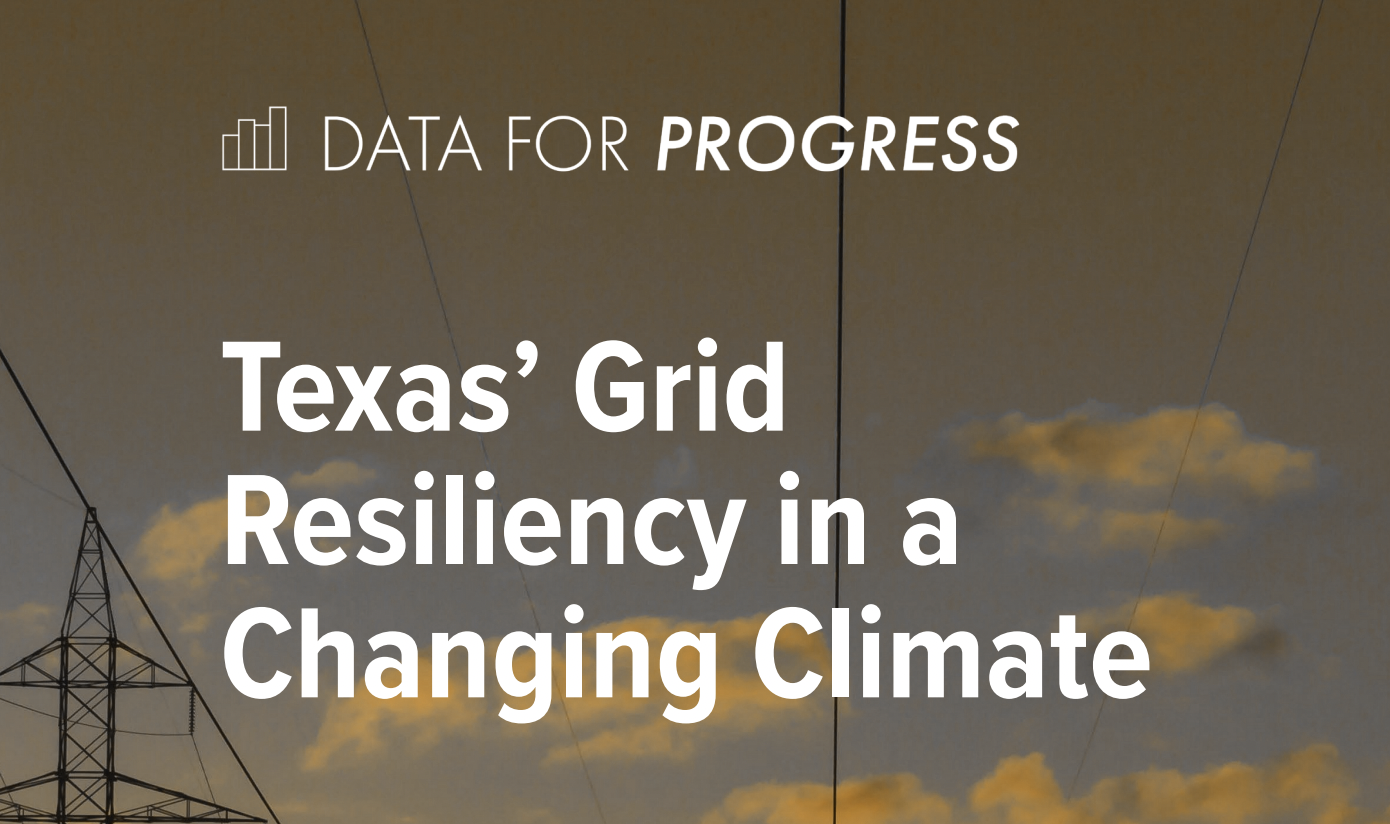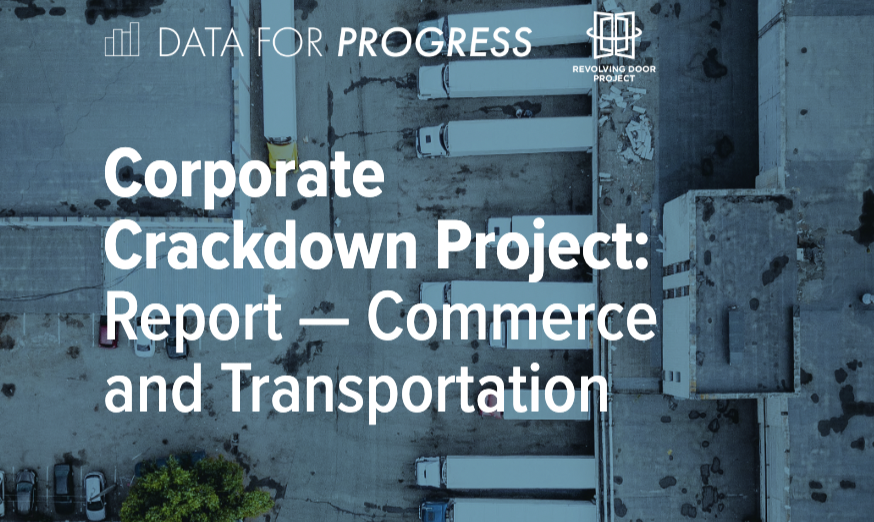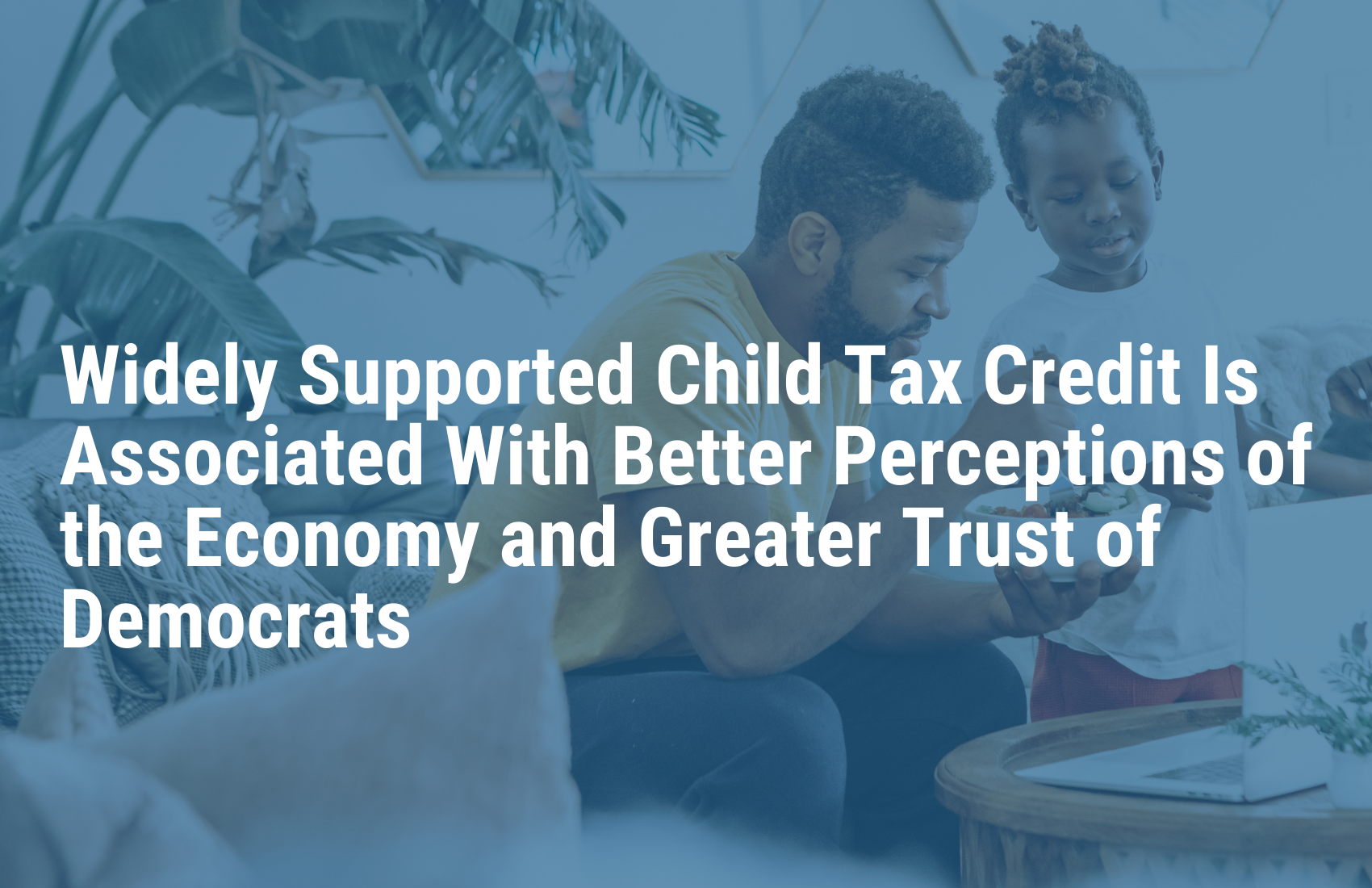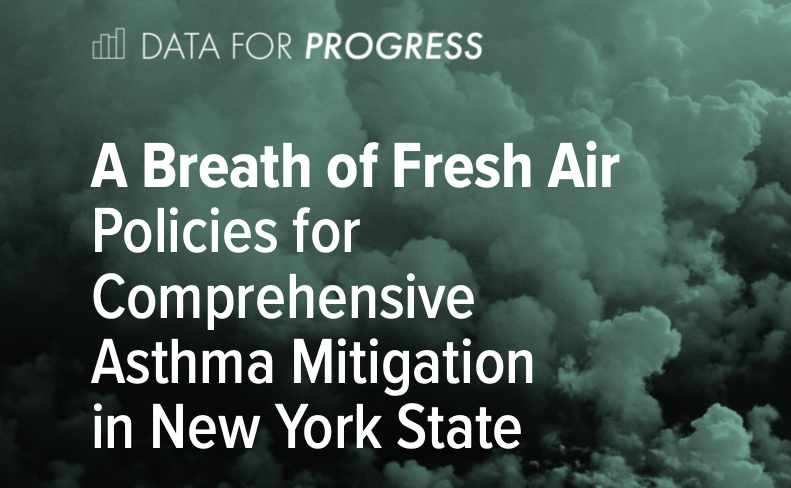Data for Progress and Student Borrower Protection Center consistently find broad support for loan cancellation, including among majorities of voters with no bachelor’s degrees and voters with no current student loan debt.
Read MoreData for Progress has compiled a set of polling, policy, and data visualization resources to inform activists, corporate employees, and policymakers of the many tools available to them in our collective fight to protect the LGBTQ+ community from bigotry.
Read MoreThe Data for Progress Jobs Model estimates the impact that a Direct Pay option would have on jobs and economic output from the expansion of credits in the BBB agenda.
Read MoreCorporate accountability is a key lever for activists and LGBTQ+ allies to create political accountability for the politicians behind some of the most harmful and bigoted anti-LGBTQ+ legislation in over a decade.
Read MoreThe Data for Progress Jobs Model analysis finds that the emergency semiconductor appropriations of USICA would create or preserve over half a million jobs over the next five years while contributing more than $60 billion to GDP.
Read MoreFellow Arielle Swernoff outlines Data for Progress’ analysis of the context for the current abortion policy landscape and details policy recommendations.
Read MoreBy developing innovative ways to scale existing technologies and make them accessible to all Americans, we can finally make good on our pledge to make the U.S. a leader in the ever-growing climate movement.
Read MoreWe find an initial CTC effect on Biden approval of roughly four percent among monthly CTC recipients.
Read MoreAVR designs can be most successful in achieving increased electoral participation, greater turnout equality, and a straightforward, secure registration process.
Read MoreYoung voters are eager to see their leaders take action to declare a National Climate Emergency and secure a Green New Deal.
Read MorePassage of USICA would be a landmark achievement for U.S. innovation policy and would help to preserve America’s historical stature as a leader in science and technology
Read MoreThe tenets of industrial policy offer a seemingly unique opportunity for building a broad coalition that cuts across polarization.
Read MoreThis memo serves to reintroduce the Data for Progress Jobs Model, and to provide a basic outline of our methodology as well as the results of a “backcasting” exercise in which we use our model to analyze the American Recovery and Reinvestment Act (ARRA) of 2009.
Read MoreClimate Power and Data for Progress conducted message testing to better understand the most effective ways to frame investments in clean energy as a way to lower energy costs.
Read MoreTexas power outages are a result of governance failures, corporate greed, and an unwillingness to recognize the need to climatize our energy infrastructure.
Read MoreThis memo assesses how agencies within the DOC and the DOT can use their powers to combat supply chain and trade issues through prioritizing citizen well-being over corporate profits.
Read MoreVoters trust in Democrats increases when they hear about efforts to continue the Child Tax Credit into 2022.
Read MoreThe history of environmental injustice in the U.S. is well documented and has direct correlations with asthma and other respiratory conditions.
Read MoreVoters are supportive of authorizing funding that combats omicron and prepares for future pandemics.
Read MorePriorities USA and Data for Progress worked to verify the efficacy of the MaxDiff (Best-Worst Scaling) question format for political-message testing.
Read More
